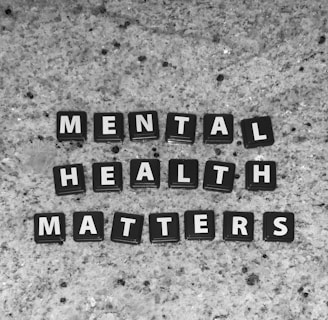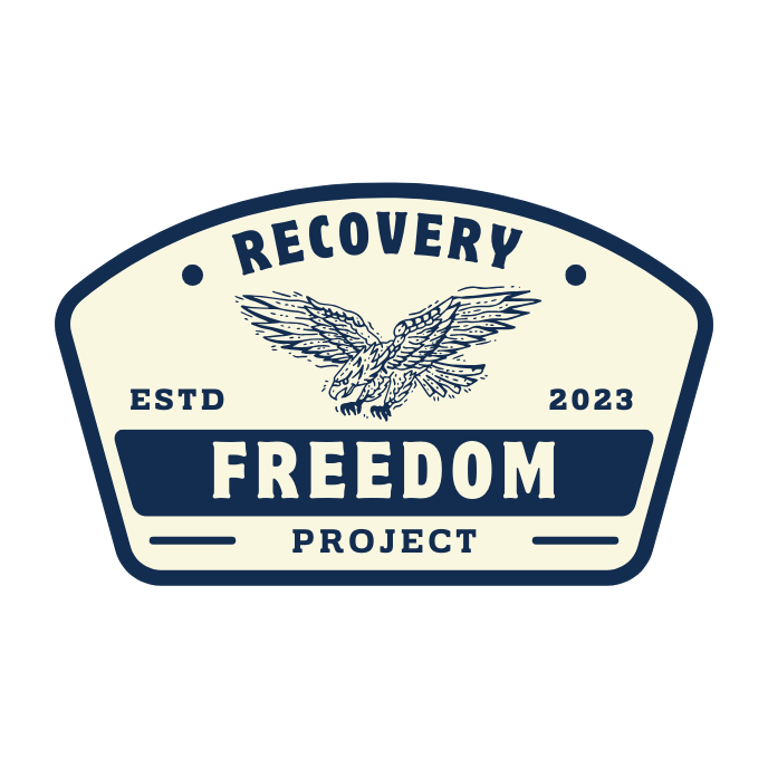The Silent Signals: Understanding the Descent of Robin Westman into Violence
RECOVERY
Adam Loew
8/29/20255 min read


The Early Warning Signs
Robin Westman's who murdered two innocent children at Annunciation Catholic School, had an adolescence marked by a series of troubling behaviors that manifested themselves in various forms, culminating in a significant incident that would change the trajectory of his life. One of the most pivotal moments occurred during his middle school years when he engaged in discussions with his classmates about school shootings. This conversation, which many might have dismissed as mere teenage bravado, raised immediate red flags for educators and parents alike, resulting in Westman’s suspension from school.
The repercussions of this suspension were profound. It not only alienated Westman from his peers but also instilled a sense of isolation and resentment that would fester over time. Psychological professionals often argue that early incidents like this can have lasting impacts on a young person’s mental state. In Westman's case, the suspension served as a catalyst for an escalating obsession with mass shootings, whereby the initial curiosity morphed into a consuming fixation. His journal entries from this period provide a distressing glimpse into his thoughts and emotions, revealing a crescendo of anger, frustration, and identification with perpetrators of violence.
These writings are crucial for understanding the nuances of Westman’s mindset during these formative years. Themes of despair and alienation dominate his reflections, painting a picture of a young individual grappling with emotions that were largely ignored by those surrounding him. As Westman's obsession deepened, it became evident that he was crying out for attention in ways that were misunderstood, further complicating his psychological state. The signs were there, albeit subtle, yet they went unacknowledged, creating a dangerous environment where his violent inclinations could flourish unchecked.
The Return to Annunciation Catholic School
Robin Westman’s journey back to Annunciation Catholic School was fraught with layers of complexity and emotional weight. This institution was not merely a place of education for Westman; it was steeped in personal history, shaped by both formative experiences and unsettling memories. The return to this educational environment likely stirred a potent mixture of nostalgia and turmoil, aptly reflecting his internal conflicts in the lead-up to his tragic actions.
This return was not merely coincidental; it corresponded with deeper societal and personal factors that had begun to influence Westman's psyche. In examining these elements, one must consider the societal pressures that often heighten feelings of isolation among individuals. Westman, like many, faced a world increasingly marred by complexities—such as academic stress, social estrangement, and the weight of expectations. These issues can steadily erode an individual's sense of belonging, potentially exacerbating underlying psychological struggles that can lead to violent thoughts.
As Westman navigated these tumultuous waters of reintegration, it is essential to highlight how personal history influenced his outlook. Memories of camaraderie, learning, and companionship at Annunciation could be painfully juxtaposed with recollections of alienation and frustration. This duality likely contributed to his feelings of restlessness and vulnerability. With each passing day, these sentiments may have coalesced into darker thoughts, culminating in the tragic events of that fateful Wednesday morning.
Westman's re-entry into the school, a space that once held promise and hope, became a significant juncture in a narrative now characterized by foreboding. The environment, charged with historical significance, morphed from a beacon of potential to a harbinger of despair, underscoring the precarious balance between memory and reality. As he stepped through those familiar doors, the stage was set for the unforeseen tragedy that would unfold, marking a dire intersection of past and present.
The Aftermath: Impact on the Community
The actions of Robin Westman sent shockwaves through the community, leaving a profound impact that extended far beyond the immediate scene of violence. The families of the victims endured unimaginable grief, grappling with the abrupt loss of their loved ones in what was meant to be a sacred space for worship and reflection. The reverberations of the tragedy permeated the entire community, as friends, neighbors, and fellow congregants struggled to comprehend the brutal reality that had unfolded.
In the days following the shootings, the sense of communal grief became palpable. Vigils and memorials were held, serving as poignant reminders of the lives lost and the emotional scars left behind. Survivors of the attack faced their own battles, as the trauma of the experience lingered and affected their daily lives. The psychological impact on both victims and witnesses raised critical awareness about the importance of mental health support within the community, highlighting the urgent need for resources and programs that can address trauma resulting from such violence.
The incident at Annunciation Catholic School catalyzed discussions about safety within not only the school but also other community institutions across Minneapolis. Parents voiced concerns regarding the adequacy of security measures and the overall safeguarding of their children while they are engaged in activities at school or in communal spaces. This tragedy ignited dialogues that had been simmering beneath the surface, emphasizing the necessity of implementing comprehensive safety protocols in educational establishments and places of worship. The community rallied together, advocating for changes that would ensure such violence could not occur again.
Overall, the aftermath of Westman's actions forced the community to confront the harsh reality of violence, promoting an environment where conversations about safety and support became paramount. This unity in the face of adversity reflected the strength of the Minneapolis community, as they endeavored to heal together while also safeguarding a better future for coming generations.
Mental Health: A Call for Reform
The mental health system in the United States has long been criticized for its inadequacies in addressing the needs of individuals struggling with mental health issues, such as Robin Westman. A confluence of factors—including stigma, funding shortfalls, and a shortage of qualified professionals—has led to a landscape where many individuals do not receive the care they require. This systemic failure not only impacts those suffering from mental health conditions but also poses a broader societal risk, as evidenced in tragic events caused by untreated mental illness.
Access to mental health care remains a significant barrier for many individuals. Although there are numerous resources available, they are often not easily accessible due to geographic, financial, or social constraints. Individuals like Westman might slip through the cracks, failing to receive necessary interventions that could alter their trajectories. Moreover, the prevailing stigmas surrounding mental illness can deter individuals from seeking help, compounding the problem. This calls for a holistic reform of the mental health system aimed at improving accessibility and eliminating stigma.
Effective reform should prioritize early intervention strategies that can help mitigate potential crises before they escalate. Programs that facilitate community outreach and education on mental health can empower families and friends to identify warning signs in their loved ones. Integrating mental health care into primary health services can also provide a more comprehensive approach, ensuring that individuals are treated as whole persons rather than separate entities.
To foster a supportive environment for individuals suffering from mental health conditions, it is essential that systemic changes occur. These changes should focus on an inclusive mental health policy framework, increased funding for mental health programs, and the establishment of a continuum of care that spans from prevention to crisis intervention. By prioritizing mental health reform, society can better support individuals like Robin Westman and work toward preventing future tragedies arising from unmet mental health needs.
Resources
Find comprehensive resources for recovery support here.
Contact
Support
© 2025. All rights reserved. The Freedom Project 501c3
